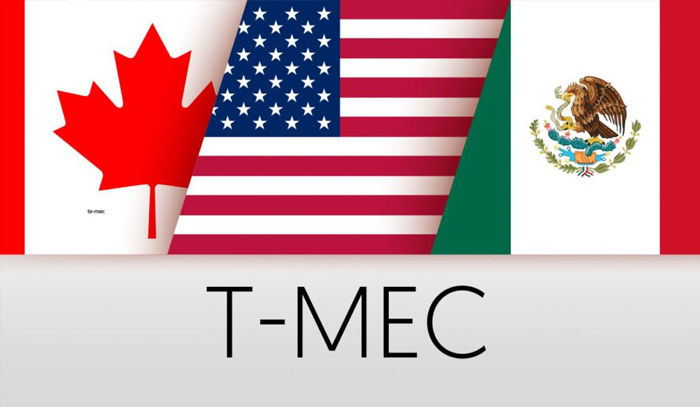Legal, operational and tax implications

Receive a Course Pre-Quote by Email
Let a Sales Advisor Contact You by Email
Temarios Cursos- Español
Recibe una Pre-Cotización por Correo
OBJECTIVE:
BASIC COURSE INFORMATION:
ADDRESSED TO:
Foreign Trade AreaImporters and exportersTraffic and logistics personnelCustoms DepartmentExecutives of the Legal Department
SYLLABUS
I.- National Legal Framework.
1.1.- Political Constitution of the United Mexican States.
1.2.- International Treaties.
1.3.- Federal Laws.
1.4.- Decrees.
1.5.- Regulations.
1.6.- Individualized standards.
II.- Free trade zones, customs zones and economic blocks.
III.- Preferential and non-preferential rules of origin.
3.1.- Merchandise entirely produced in one country.
3.2.- Obtained in its entirety in the territory of the parties.
3.3.- Manufactured from fully obtained materials.
3.4.- Criterion of substantial transformation.
3.5.- Change of position or tariff jump.
3.6.- Regional content value criterion.
3.6.1.- Net cost criterion.
3.6.2.- Transaction value.
3.7.- Other mechanisms.
3.7.1.- The value of labor content.
IV.- Certification of origin. V.- Obligations and origin verification.
VI.- Uniform Regulations. The big slope.
VII.- Article 32.10 of the T-MEC, is there really an anti-China clause?
VIII.- Accounting in Foreign Trade.
8.1.- Concepts of contributions.
8.2.- Subjects, object, rate and rate of contributions.
8.3.- CFDI in Foreign Trade.
8.4.- Deductions in Foreign Trade.
8.5.- Non-deductible concepts in Foreign Trade.
IX.- What to do in case of an incident? X.- The International Panels. A new way to litigate.
BENEFITS
- Know in which cases the tariff preference can be applied?
- For the reduction in the payment of contributions to foreign trade.
- Know the new rules of origin established by the T-MEC.






